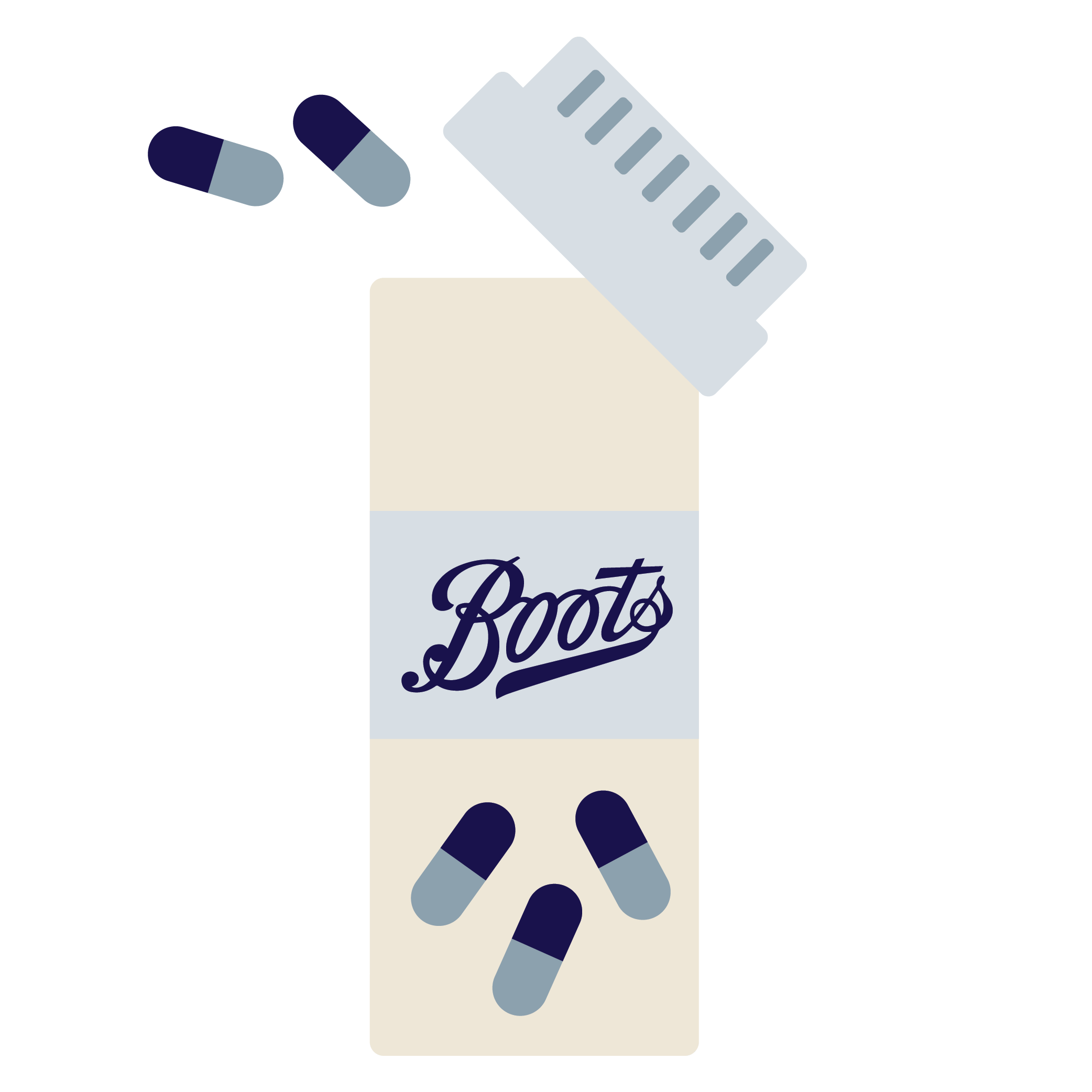
GENITAL HERPES — WHAT YOU NEED TO KNOW
What is genital herpes?
Genital herpes is a viral sexually transmitted infection (STI) that can cause blisters on and around your genitals. It’s passed on through skin-to-skin contact during sex. The virus stays in your body for life so you can get an outbreak of blisters at any time.

What causes genital herpes?
Herpes is caused by the herpes simplex virus. The virus gets into your system through the mouth, penis, vagina and rectum. This means you can pick it up through skin-to-skin contact during vaginal, anal or oral sex, or through sharing unwashed sex toys. You can spread the virus even if you’re not showing any symptoms.
What are genital herpes symptoms?
It’s possible that you don’t show symptoms for months, or even years, after picking up the virus. If you do get them, you’ll probably experience blisters which then burst and turn into sores. They usually appear on your genitals and anus but you can also find them on your thighs and bottom. Your skin will probably feel tingly and itchy just before the blisters emerge. You might also experience flu-like symptoms and find it painful when you pee.
How can I deal with my symptoms at home?
You can take steps at home to help manage an outbreak. To soothe the pain you can apply an ice pack, petroleum jelly or a pain-relieving cream. You could also pour water over your genitals when you pee or pee in the tub when you finish a bath. Keep the outbreak clean to avoid the blisters getting infected but try not to touch the blisters with your hands. If you do, be sure to wash your hands well.
How can I avoid catching genital herpes?
Like all STIs, your best way of avoiding them is to use a condom whenever you have sex. Although if the infected area isn’t covered by the condom you’re still at risk of catching the virus. You should also avoid having any kind of sex if your partner either has pre-blister itching or the blisters themselves.
Try not to share sex toys with anyone who is infected. If you do, be sure to wash them between use. You should always wash your hands after touching blisters.
How can I stop my genital herpes outbreaks?
Once you’ve caught the virus, it stays in your body for life. Although it won’t spread, you can get another outbreak in that area at any point. A variety of things can trigger these flare-ups — some of which, like lack of sleep or sunbathing, you might be able to avoid. But other triggers, like illness, stress or having your period, are harder to control.
If you’ve had six or more outbreaks in a year, you could try our genital herpes suppression service. This will help stop, or reduce, the number of outbreaks you get.
Testing for other STIs
If you’ve got genital herpes you should get tested for other STIs. We offer a range of at-home STI test kits.
You should also speak to any recent sexual partners and encourage them to have a general STI screen.
Living with genital herpes
Once you’ve got the virus, there’s always the chance that you can pass it to a partner. This doesn’t mean you can’t still have a healthy sex life. Using condoms, avoiding sex during an outbreak or taking medicine when needed can all help to reduce the chance of passing the virus to a sexual partner. If you have frequent attacks or have trouble recognising an outbreak early on you can consider taking genital herpes suppression tablets.
If you find this is putting a strain on your relationship, you might find psychosexual counselling helps. You can talk to your GP or local sexual health clinic.
Page last reviewed by: Dr. Christina Hennessey 21/06/2021

